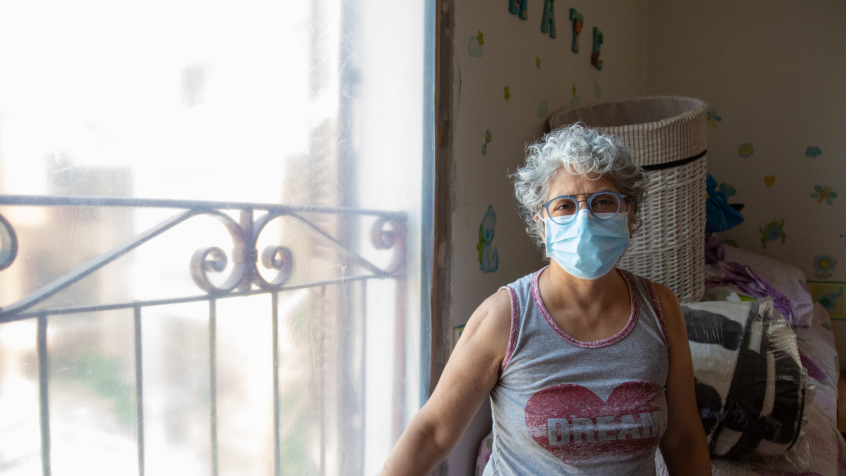
World Data Forum event on Older People’s Experiences in Real Life and Data
COVID-19 has presented extraordinary challenges for households, communities, and countries all over the world, disproportionately affecting wellbeing and rights of at-risk population groups. The mortality rate among older people has been higher overall, and for many older women and men, the pandemic has exacerbated pre-existing inequalities, ageism, discrimination, abuse and violence, and has disrupted income security.
The pandemic has also brought to the front a number of pervasive problems in relation to the inclusion of marginalised groups in official statistics.
Globally, older people have been virtually invisible in COVID-19 data. The collection and reporting of data on COVID-19 cases, testing and mortality varied considerably from country-to-country sometimes lacking disaggregation by sex and age. The evidence on older people’s wellbeing, access to health and social services, experiences of violence and abuse remains limited and anecdotal, especially in institutional and informal settings.

As data tools and methodologies had to adapt to the pandemic, new approaches struggled to include those older women and men who may not have access to, or are able to use, mobile phones or other technology suggested for remote data collection.
The implication is that this scarce, fragmented and inadequate granular evidence provides a narrow and partial understanding of health and socio-economic impacts, and their interplay with inequalities and marginalisation within older population. The data that is available becomes itself a barrier to the protection and prevention of discrimination against older people in policy and responses.
As the global community comes together to “build back better” and improve the availability of high-quality, timely and reliable data, we need to examine what data systems got right and where they failed in relation to COVID-19 data on older people.
In partnership with HelpAge International, AARP, Ghana Statistical Services, UNDP, and WHO, DESA is co-organizing a session on “Older People’s Experiences in Real Life and Data.” The session will:
- Explore information required to understand the impact of the pandemic on the wellbeing and rights of older people
- Examine systemic barriers to better data on older women and men
- Identify actions members of the data community can jointly take to improve the availability of data on older people for inclusive response and recovery
21 October, 10:00 AM New York time.
Presentations:
- “Obtaining age-disaggregated data on COVID-19 – WHO perspective” by Boris Pavlin, Dr., WHO Health Emergencies Programme
- “Building Back Better through Counting Contributions of Older Persons” by Joo Yeoun Suh, AARP
- “COVID-19: Older people’s experiences in real life and data” by Yumiko Kamiya, UN DESA Population Division
- “Covid-19 mortality and living arrangements of older persons” by Nicole Mun Sim Lai, UN DESA Population Division
- “Ghana’s approach to Data Collection on Older Adults during the Pandemic” by Jeremiah Sixtus Dery, Ghana Statistical Service
 Welcome to the United Nations
Welcome to the United Nations